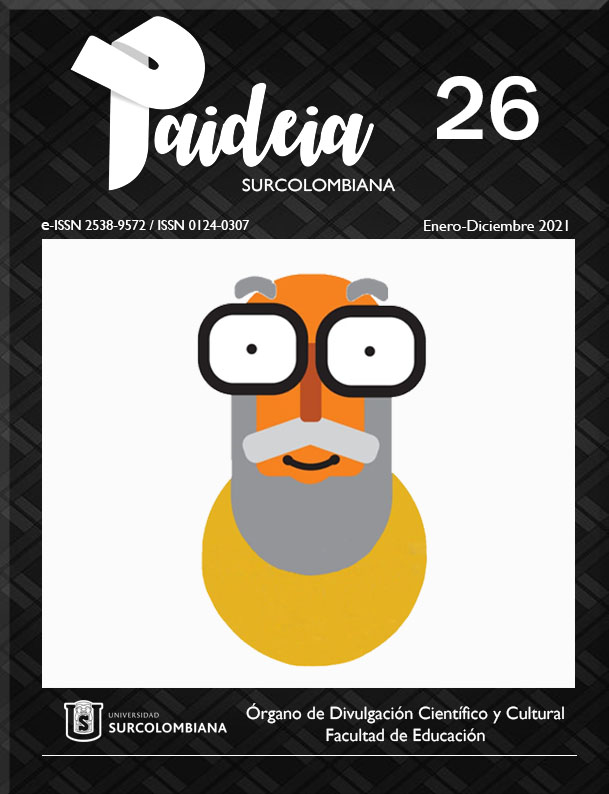Didactic strategies: a contribution to the learning of mathematics in the search to improve results in their evaluative practices
##plugins.themes.bootstrap3.article.main##
The results of a qualitative investigation of a case study are presented, in which the unstructured interview, observation and documentary analysis were used as information collection tools, to obtain different types of data such as: written, verbal and nonverbal, and observable behaviors. The population under study was made up of 7 teachers who guide the mathematics area and 7 fifth-grade students from the Riverita Educational Institution in the municipality of Rivera, Department of Huila in Colombia. It was concluded, from the perspective of the participants, that the work around the articulation of ICT is an innovative strategy that can favor the development of mathematical skills and optimize the results of students in evaluative tests. Additionally, from the intention of the author, the articulation of the Basic Standards of Competence (EBC), the Basic Learning Rights (DBA) and Learning Mesh is proposed, as well as the pedagogical use of educational materials called PREST of the Ministry of Education Nacional (MEN) of Colombia as a proposal in which problem solving can be developed as the central axis of mathematical activity in the classroom.
Downloads
##plugins.themes.bootstrap3.article.details##
Cisterna Cabrera, F (2005). Categorización y triangulación como procesos de validación del conocimiento en investigación cualitativa. Theoria, vol. 14, núm. 1, pp. 61-71 Universidad del Bío Bío Chillán, Chile. Recuperado de: https://www.redalyc.org/pdf/299/29900107.pdf
Hernández Sampieri, R., Fernández Collado, C., y Baptista Lucio, P. (2014). Metodología de la investigación: Roberto Hernández Sampieri, Carlos Fernández Collado y Pilar Baptista Lucio (6a. ed. --.). México D.F.: McGraw-Hill.
Kemmis, S. (1984): Point-by-point guide to action research. Victoria. Deakin University.
MEN (1998). Lineamientos Curriculares de Matemáticas. Bogotá: Ministerio de Educación Nacional.
MEN (2006). Estándares Básicos de Competencias en lenguaje, matemáticas, ciencias y ciudadanas. Bogotá: Ministerio de Educación Nacional.
MEN (2015). Derechos Básicos de Aprendizaje. Bogotá: Ministerio de Educación Nacional.
Niño Rojas, V (2011). Metodología de la investigación. Diseño y ejecución. Bogotá: Ediciones de la U ltda.
Polya, George (1969). Cómo plantear y resolver problemas. México, Trillas.
Sandoval, C. (1996). Investigación Cualitativa. Bogotá: Instituto Colombiano para el Fomento de la Educación Superior.
S.J. Taylor; R. Bodgan (1984). “La observación participante en el campo”. Introducción a los métodos cualitativos de investigación. La búsqueda de significados. Barcelona: Paidós Ibérica.














